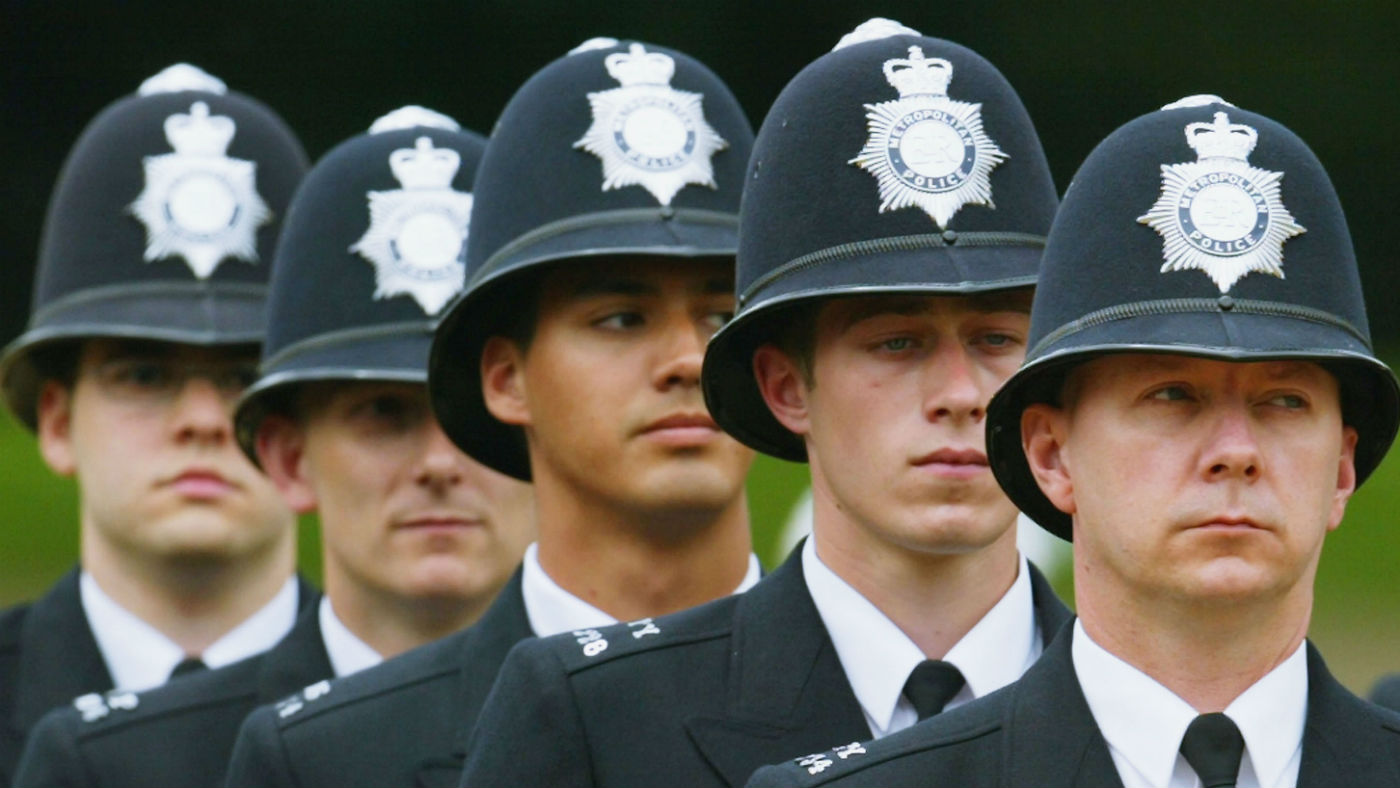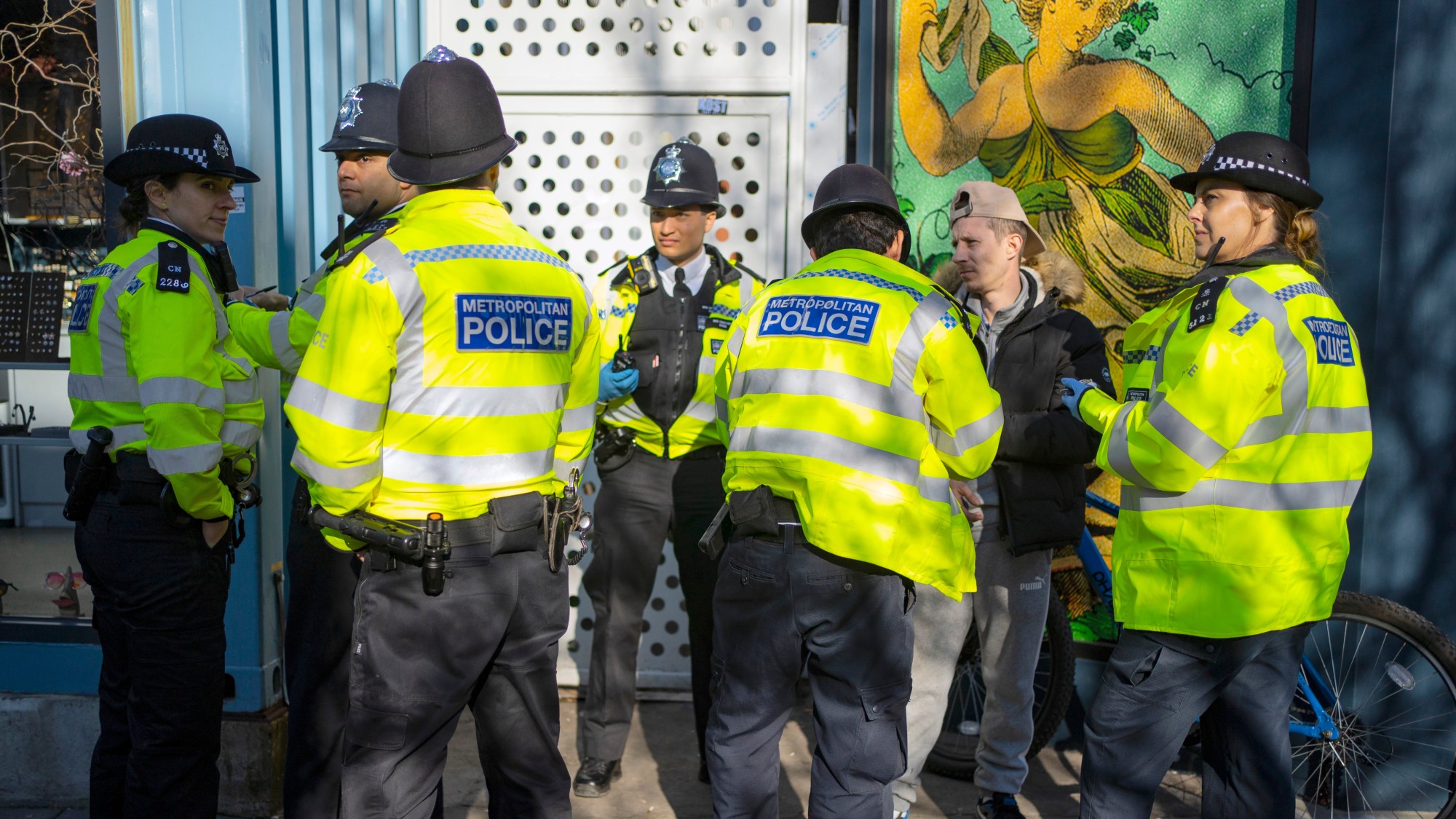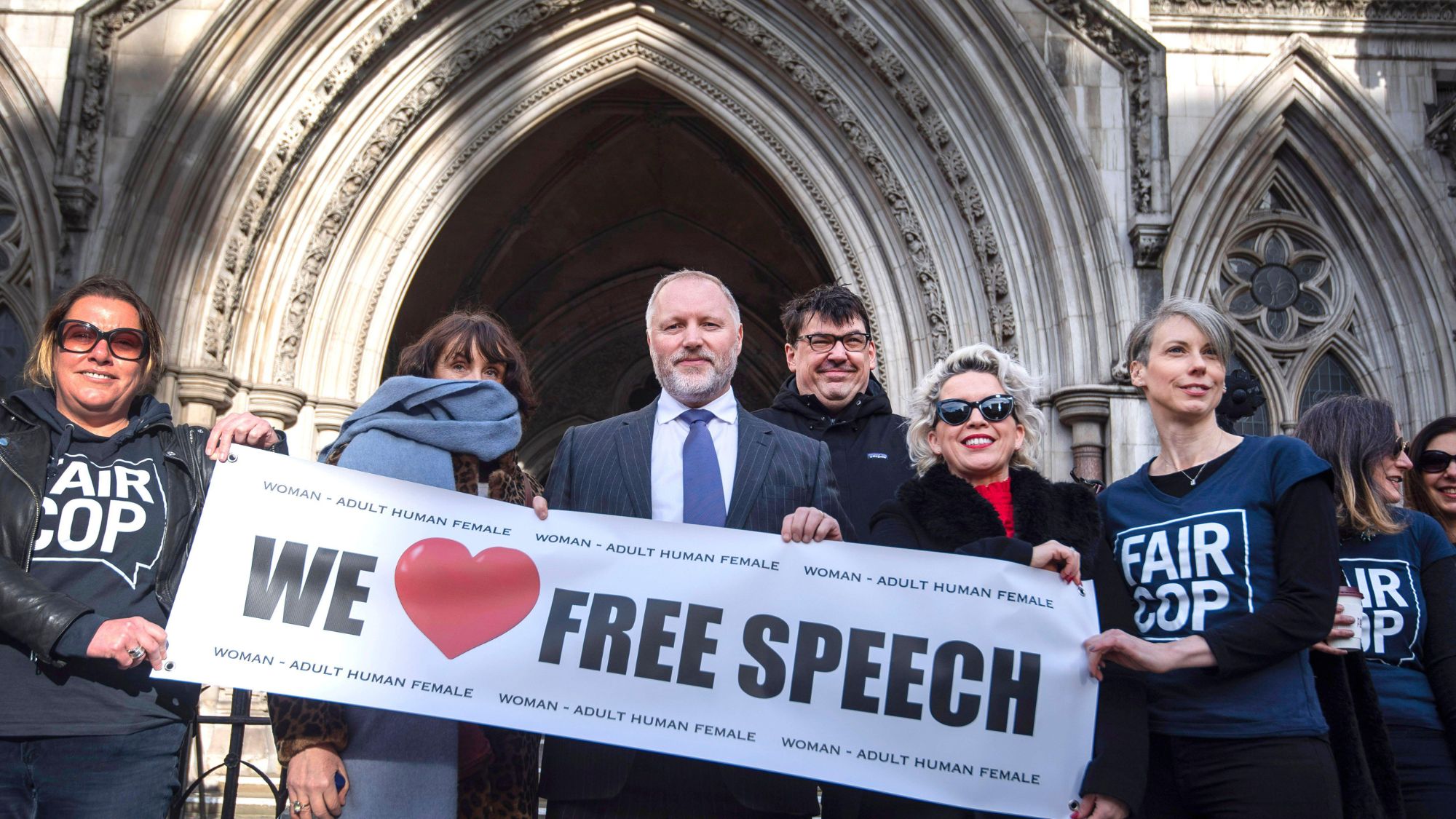Undercover policing report mothballed
Public inquiry into infiltration of 1,000 political groups since 1968 delayed until 2023

A free daily email with the biggest news stories of the day – and the best features from TheWeek.com
You are now subscribed
Your newsletter sign-up was successful
A controversial public inquiry into undercover policing will now not deliver its final report until at least 2023, almost a decade after it was set up, leading to accusations the Government is trying to delay or bury its findings.
The investigation, which was set up by then home secretary Theresa May in 2014, is looking into the undercover infiltration of more than 1,000 political groups since 1968.
It was launched to address a string of allegations surrounding the activities of undercover units, most notably how Scotland Yard spied on the campaign seeking justice for murdered teenager Stephen Lawrence and how undercover officers deceived women into intimate relationships, in order to extract information or gain access to organisations.
The Week
Escape your echo chamber. Get the facts behind the news, plus analysis from multiple perspectives.

Sign up for The Week's Free Newsletters
From our morning news briefing to a weekly Good News Newsletter, get the best of The Week delivered directly to your inbox.
From our morning news briefing to a weekly Good News Newsletter, get the best of The Week delivered directly to your inbox.
The Guardian says “there has been growing discontent among non-state participants in the inquiry, with concerns raised about former undercover officers being granted anonymity during the proceedings, as well as the slow speed of progress”.
It has already cost more than £10m and had originally been due to conclude this year, but following a strategic review its final date was pushed back five years.
Up to 60 campaigners, including former undercover officers, have walked out of hearings debating whether undercover officers should have their identities revealed. There have also been calls for the inquiry to be led by a panel, which would investigate institutional racism and sexism, rather than a single judge.
Defending the delay, the inquiry chairman, Sir John Mitting, said he would not appoint panel members until the fact-finding stage had concluded in 2021, arguing it “would impose a heavy cost in both time and money”.
A free daily email with the biggest news stories of the day – and the best features from TheWeek.com
-
 Political cartoons for February 16
Political cartoons for February 16Cartoons Monday’s political cartoons include President's Day, a valentine from the Epstein files, and more
-
 Regent Hong Kong: a tranquil haven with a prime waterfront spot
Regent Hong Kong: a tranquil haven with a prime waterfront spotThe Week Recommends The trendy hotel recently underwent an extensive two-year revamp
-
 The problem with diagnosing profound autism
The problem with diagnosing profound autismThe Explainer Experts are reconsidering the idea of autism as a spectrum, which could impact diagnoses and policy making for the condition
-
 Why have homicide rates reportedly plummeted in the last year?
Why have homicide rates reportedly plummeted in the last year?Today’s Big Question There could be more to the story than politics
-
 How the ‘British FBI’ will work
How the ‘British FBI’ will workThe Explainer New National Police Service to focus on fighting terrorism, fraud and organised crime, freeing up local forces to tackle everyday offences
-
 ‘Stakeknife’: MI5’s man inside the IRA
‘Stakeknife’: MI5’s man inside the IRAThe Explainer Freddie Scappaticci, implicated in 14 murders and 15 abductions during the Troubles, ‘probably cost more lives than he saved’, investigation claims
-
 3 officers killed in Pennsylvania shooting
3 officers killed in Pennsylvania shootingSpeed Read Police did not share the identities of the officers or the slain suspect, nor the motive or the focus of the still-active investigation
-
 Dash: the UK's 'flawed' domestic violence tool
Dash: the UK's 'flawed' domestic violence toolThe Explainer Risk-assessment checklist relied on by police and social services deemed unfit for frontline use
-
 The ethics behind facial recognition vans and policing
The ethics behind facial recognition vans and policingThe Explainer The government is rolling out more live facial recognition technology across England
-
 The Met police's stop and search overhaul
The Met police's stop and search overhaulThe Explainer More than 8,500 Londoners have helped put together a new charter for the controversial practice
-
 NCHIs: the controversy over non-crime hate incidents
NCHIs: the controversy over non-crime hate incidentsThe Explainer Is the policing of non-crime hate incidents an Orwellian outrage or an essential tool of modern law enforcement?